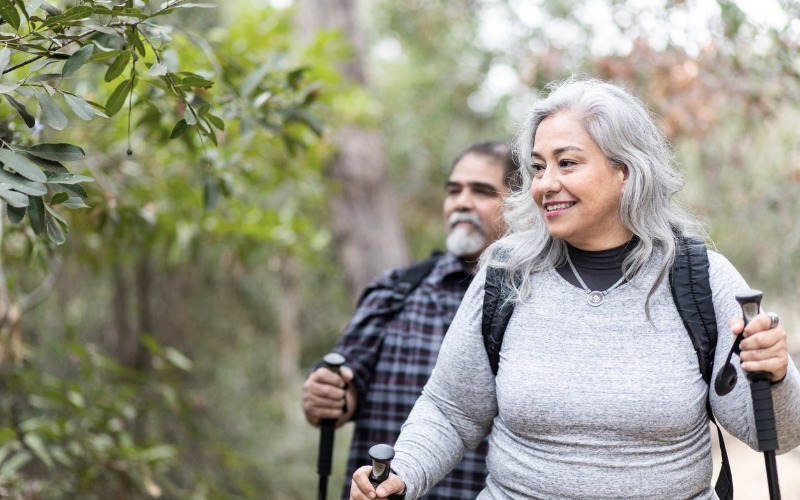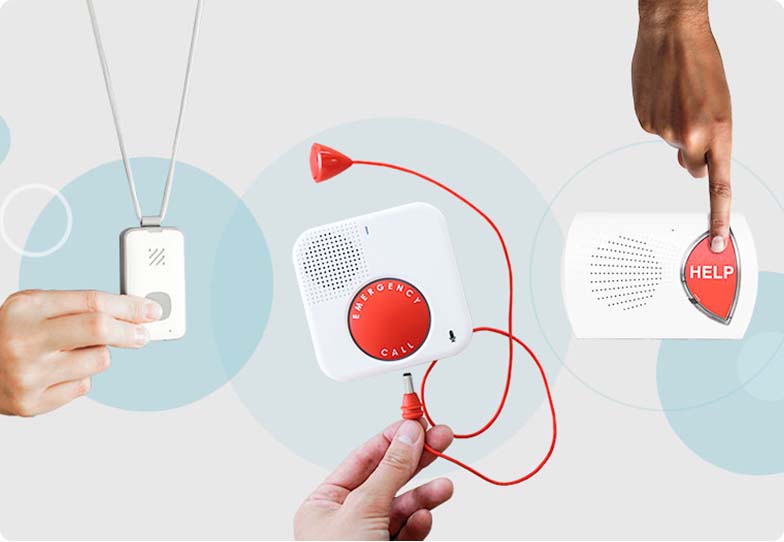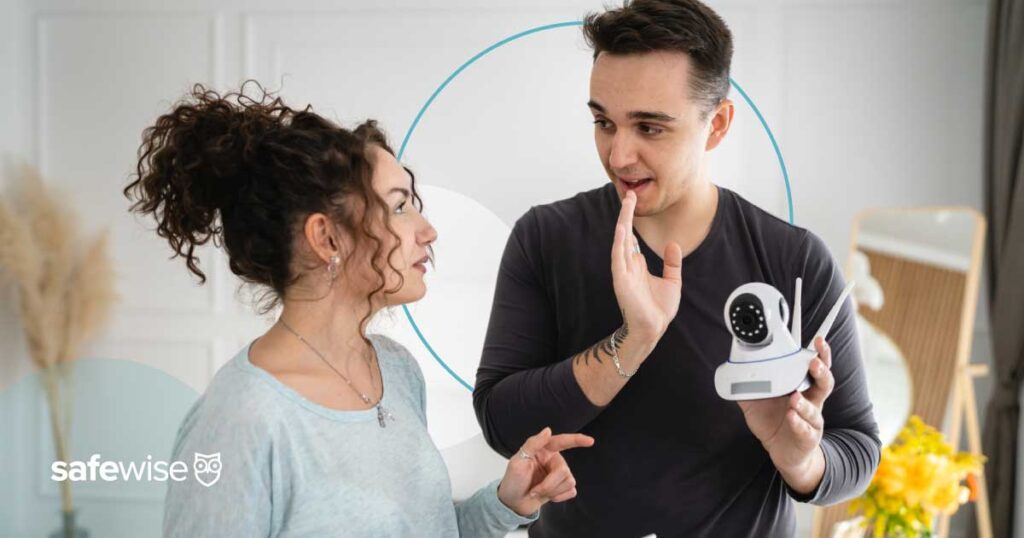The planet is hotter than ever this summer and scorching temps are more than uncomfortable—they’re dangerous. Heat is the number one cause of weather-related deaths in the U.S. Death Valley is shockingly close to a global heat record, with temperatures reaching 128℉ (53.3℃) on Sunday. Extreme temps aren’t keeping people inside, though. Visitors continue to flock to the desert park, posing next to digital thermometers—despite warnings about heat exhaustion and sun exposure.
Whether you’re kicking it by the pool or going deaf from the mind-numbing hum of a million fans (that’s me!), we’ve identified the top risk to everyone in your circle—and the must-know tips you need to stay cool and safe as temperatures continue to climb.




